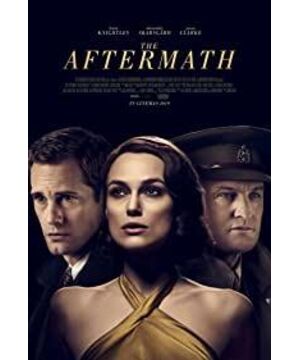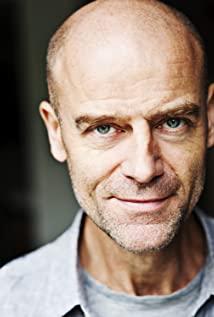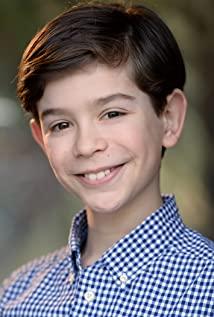In fact, the riots in the first half, right up to the British army headquarters, were really good. A scarce film reflecting the aftermath of World War II. A British officer who tried to show sympathy and respect to the occupied German civilians. He hated the wives of all Germans because of the pain of losing his son. He did not actively resist or evil the German architect who survived the war and tried to forget the return to normalcy. , And his daughter who hates all foreign occupying forces and interacts with the remaining Hitler Youth League. There are many contradictions, and there is enough complexity and realism. But to solve these contradictions depends on the hormonal impulse of orphans? When the heroine fell into the arms of the German architect, did she sympathize with the plight of civilians in the defeated country? The male protagonist has repeatedly experienced the hatred from ordinary Germans outside. After facing his wife and the Germans cheating on the inside, does he have doubts and disillusions about his position of trying to treat German civilians well? The solution in the second half was too sloppy, and it failed the opening of the first half. In addition, Beethoven is really responsible for the soft power of German culture. World War II films that focus on the entanglement between the occupying army officers and the civilians in the expropriated houses seem to play the piano? It can be compared with the silence of the sea. On the other hand, I finally fully understood why I used to chat with German friends who understood Chinese and said that 88 scared him. It turns out that 88 is really Heil Hitler's metaphor (the eighth letter of the alphabet) in the German context.
View more about The Aftermath reviews











